As we approach the end of 2025, technological advancements continue to redefine industries and daily life. From breakthroughs in artificial intelligence to innovations in smart living, here are the most significant tech trends to monitor in the coming months.
1. Agentic AI: Autonomous Decision-Making Systems
Agentic AI represents a leap in artificial intelligence, enabling systems to make decisions and take actions with minimal human intervention. These AI agents are increasingly integrated into sectors like healthcare, finance, and logistics, enhancing efficiency and responsiveness. For instance, in healthcare, Agentic AI can analyze patient data to recommend personalized treatment plans, while in logistics, it optimizes supply chain operations in real-time.
2. Quantum Computing: Solving Complex Problems
Quantum computing is transitioning from theoretical research to practical applications. Its ability to process complex computations at unprecedented speeds holds promise for fields such as cryptography, drug discovery, and financial modeling. As quantum hardware becomes more accessible, industries are exploring its potential to solve problems that are currently intractable for classical computers.
3. Smart Homes: Enhanced Living Experiences
Smart home technology is evolving to offer more personalized and seamless experiences. Key trends include:
-
Wellness-Oriented Features: Integration of circadian lighting systems and advanced air purification to promote health.
-
Invisible Technology: Devices like TVs and speakers are designed to blend with home aesthetics, becoming virtually unnoticeable when not in use.
-
AI-Driven Security: Enhanced surveillance systems capable of distinguishing between residents, guests, and potential intruders.
-
Privacy-Focused Devices: Smart gadgets now come with features like physical camera shutters and data encryption to protect user privacy.
-
Aging-in-Place Solutions: Technologies that assist older adults in maintaining independence, such as fall detection sensors and remote health monitoring.
4. Spatial Computing: Merging Physical and Digital Worlds
Spatial computing combines augmented reality (AR), virtual reality (VR), and sensor technologies to create immersive environments. Applications range from virtual collaboration spaces in the workplace to interactive retail experiences. This technology is also being utilized in training simulations, allowing for realistic practice scenarios in fields like medicine and aviation.
5. AI in Cybersecurity: Proactive Threat Management
Artificial intelligence is playing a pivotal role in cybersecurity by enabling systems to detect and respond to threats in real-time. AI algorithms analyze patterns to identify anomalies, predict potential breaches, and automate responses, thereby reducing the window of vulnerability. This proactive approach is essential in combating increasingly sophisticated cyberattacks.
6. Sustainable Tech: Eco-Friendly Innovations
Environmental concerns are driving the development of sustainable technologies. Innovations include energy-efficient computing systems, biodegradable materials in manufacturing, and smart grids that optimize energy distribution. Companies are also investing in carbon capture technologies and renewable energy solutions to reduce their ecological footprint.
7. Living Intelligence: Integrating AI with Biotechnology
The concept of Living Intelligence involves the convergence of artificial intelligence, biotechnology, and advanced sensors to create systems that can adapt and evolve. Applications are emerging in personalized medicine, where treatments are tailored based on real-time biological data, and in adaptive learning environments that respond to individual student needs.
8. Smart Bathrooms: The Next Frontier in Home Automation
Bathrooms are becoming high-tech sanctuaries with features like:
-
Shower Toilets: Combining bidet functions with self-cleaning capabilities for enhanced hygiene.
-
Infrared and UV Showers: Using light therapy to improve mood and skin health.
-
Heated Surfaces: Floors, mirrors, and towel racks that provide warmth and comfort.
-
Integrated Entertainment: Water-resistant screens and sound systems for a spa-like experience.
-
Smart Showers: Customizable settings controlled via apps or voice commands.
9. AI in Consulting: Transforming Professional Services
Consulting firms are leveraging AI to enhance service delivery and internal operations. Tools like chatbots and data analysis platforms assist in research, strategy development, and client engagement. By automating routine tasks, consultants can focus on providing more strategic insights and personalized solutions.
10. Digital Creator Economy: New Opportunities and Challenges
The digital creator economy is expanding, with more individuals monetizing content across platforms. Advancements in AI are enabling creators to produce high-quality content more efficiently. However, this also raises questions about authenticity and the role of human creativity in an increasingly automated landscape.
As these trends continue to develop, staying informed and adaptable will be key to leveraging new technologies effectively. Whether you’re a business leader, tech enthusiast, or everyday consumer, understanding these shifts can help you navigate the evolving digital landscape.


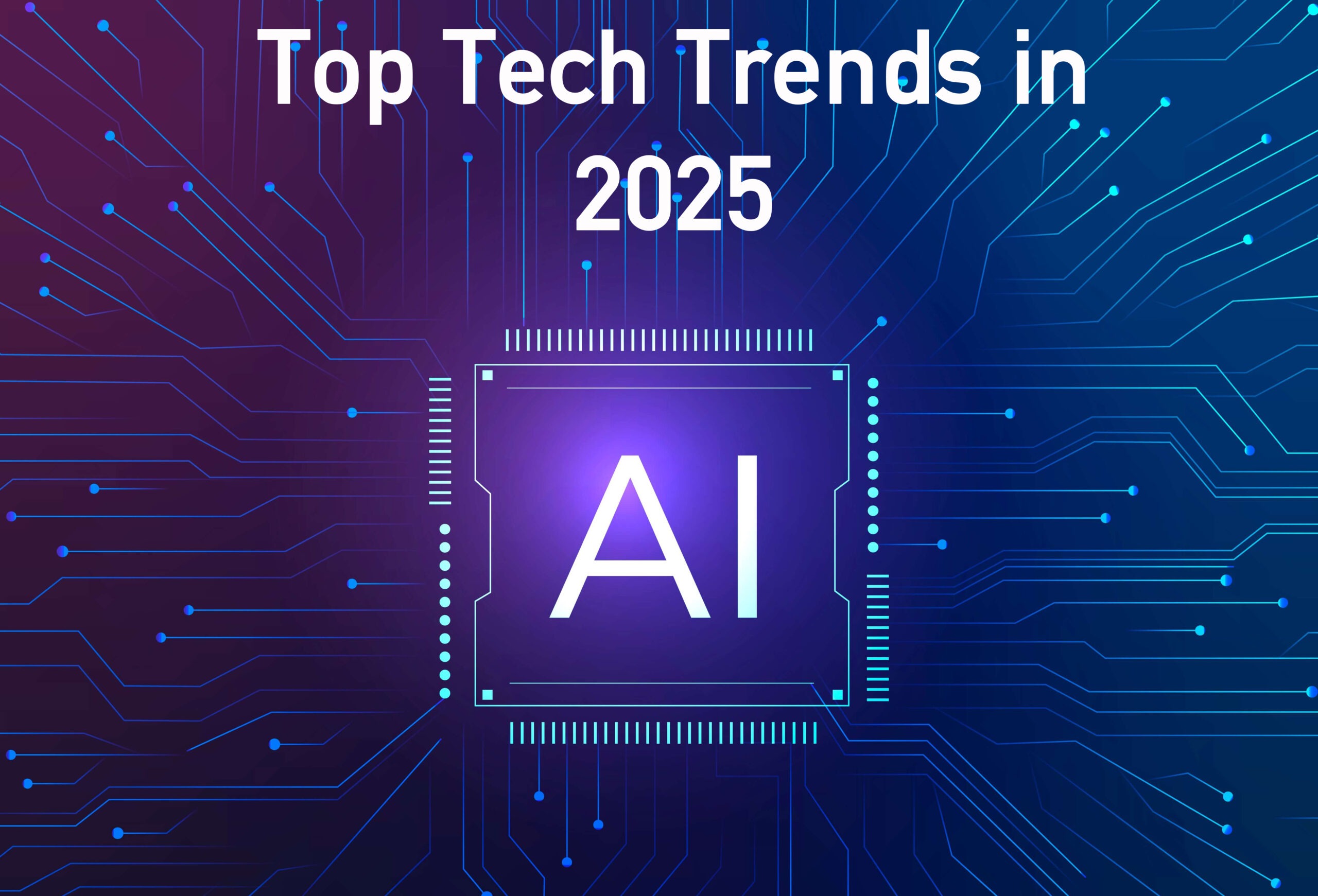
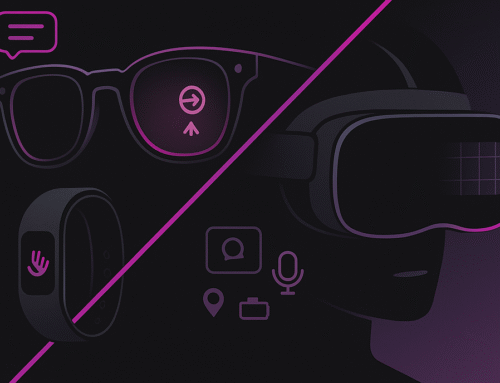
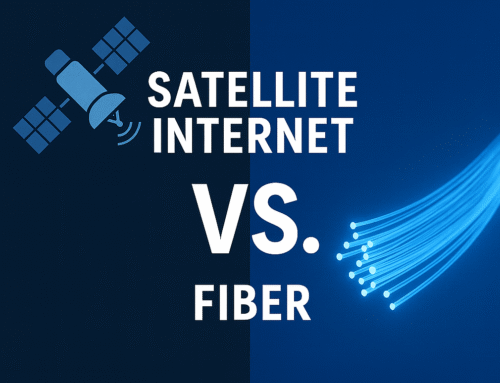
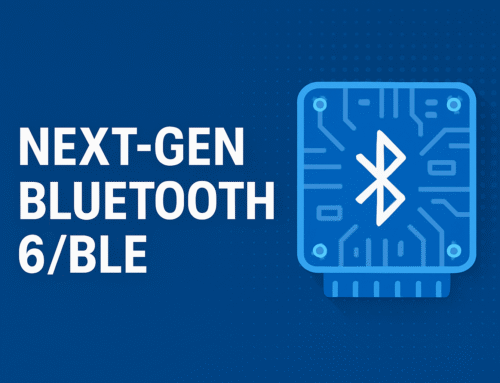

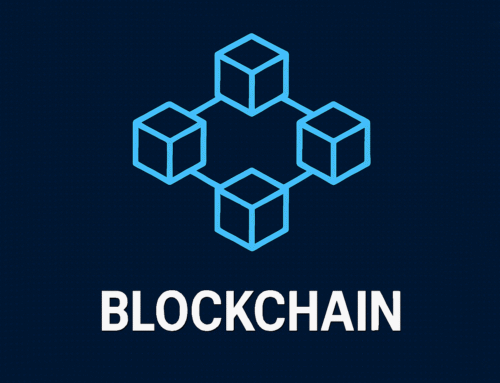
Leave A Comment
You must be logged in to post a comment.